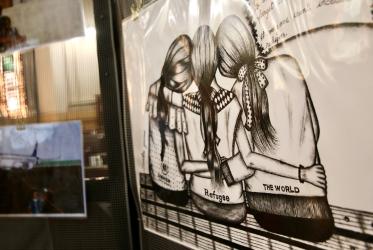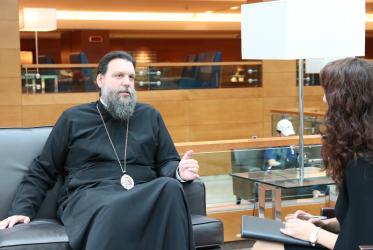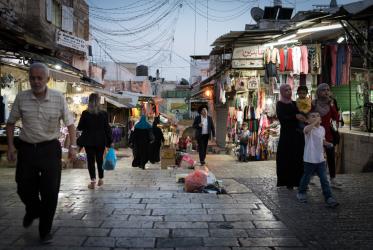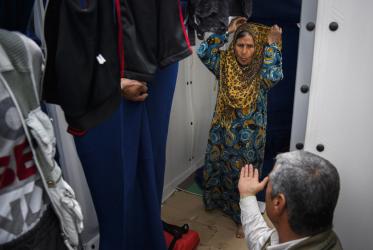Displaying 1 - 20 of 31
Human fraternity is a divine calling, says WCC general secretary
03 February 2019
Romani people seek “lives of decency, dignity, and justice”
27 September 2018
#FaithOverFear: WCC helps support openness towards refugees
08 February 2018










